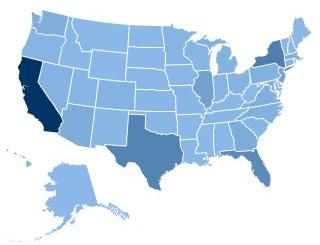Released on Tue, Jun 28, 2011
Washington, D.C.— The American Immigration Council’s Legal Action Center (LAC) is pleased to announce the release of an updated practice advisory: Prosecutorial Discretion: How to Advocate for Your Client.
On June 17, 2011, John Morton, Director of ICE, issued two new memoranda encouraging the expanded use of prosecutorial discretion by ICE officers, agents, and attorneys in all phases of civil immigration enforcement. The first outlines in detail how ICE employees should approach a wide range of opportunities to apply prosecutorial discretion in line with ICE enforcement priorities; the second describes specific protections for certain crime victims, witnesses, and plaintiffs.
This practice advisory discusses these memoranda in detail. It also explains what prosecutorial discretion is, who has authority to exercise it, and how it is exercised most often in immigration cases. In addition, the advisory suggests ways that attorneys can advocate for the favorable exercise of prosecutorial discretion by DHS officers, whether from ICE, USCIS or CBP.
For a complete list of all LAC Practice Advisories, please visit our website.
View Release



